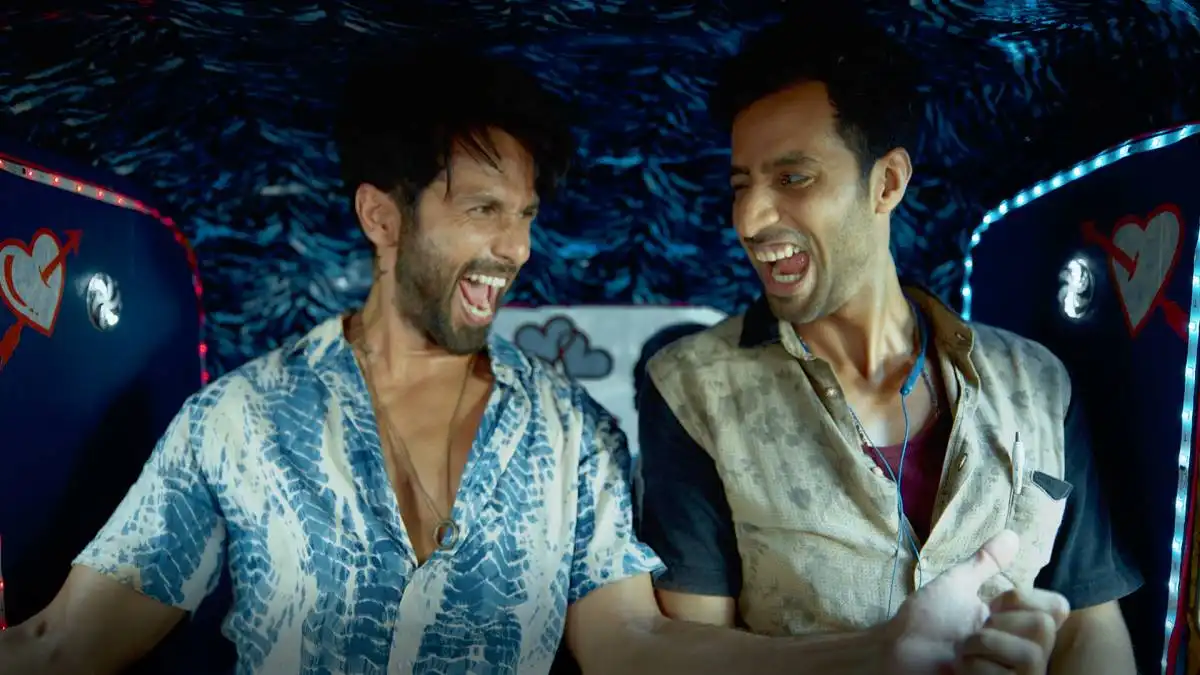Farzi: How Raj and DK use profanity to humanise both heroes and villains
In Farzi, the expletives feel so natural and authentic and they are performed so well that it adds to our experience.
Feb 18, 2023

It's safe to say that no other homegrown filmmakers have mastered the web series format like Raj and DK. The duo's latest eight-episode series Farzi is a testament to their grasp of the medium that continues to be an unresolved challenge to several of our seasoned directors. Many stumble to flesh out a potent structure that suits the format and the medium of the web series. Many make the cardinal error of treating web shows like movies. Or they misunderstand the medium as the freedom to use expletives or show something that they consider bold and pulpish. The goal is not to challenge the boundaries of conventional storytelling or redefine what can and cannot be shown in mainstream shows. Most times, it comes down to the creators exploiting the trends to make a quick connection with the audience without offering anything honest and clever.
The shows created by Raj and DK have all the off-beat charms that are kept away from our mainstream TV shows and movies. Their shows have generous amounts of expletives, themes of extramarital affairs, casual relationships, and marriages that are broken or on the verge of total collapse owing to a lack of emotional and physical intimacy. The filmmaker duo explore these themes to unearth a human story, instead of using them for shallow and titillating purposes.
In Farzi, the expletives feel so natural and authentic and they are performed so well that it adds to our experience. The characters in the series don't use bad words because the medium lets them get away with it. But, they use it because that's how real people talk. Even though we hear only a few choice words over and over again, they don't feel forced or pretentious. Each character owns its profanity with style and swag.
Kay Kay Menon's Mansoor Dalal swears with a great sense of calm and a devilish smirk, while Vijay Sethupathi's Michael Vedanayagam spits out the same expletives with a subtle menace. The friendly, expletive-laden banter between Shahid Kapoor's Sunny and Bhuvan Arora's Firoz is grounded and has a natural flow to it.
The profanity is not simply used to express one's contempt in Farzi. It serves many purposes. It is used to underline the thick friendship between Sunny and Firoz, the closeness between rivals, Mansoor and Michael, and the power dynamics between Michael and Zakir Hussain's Pawan Gahlot. It is also used to add vitality to punchlines, liven up mundane conversations, bring in a sense of reality, and show a character's ever-changing emotional intensity. The profanity in the universe of Raj and DK has many purposes. And one of them is to humanise both the heroes and villains.
Share